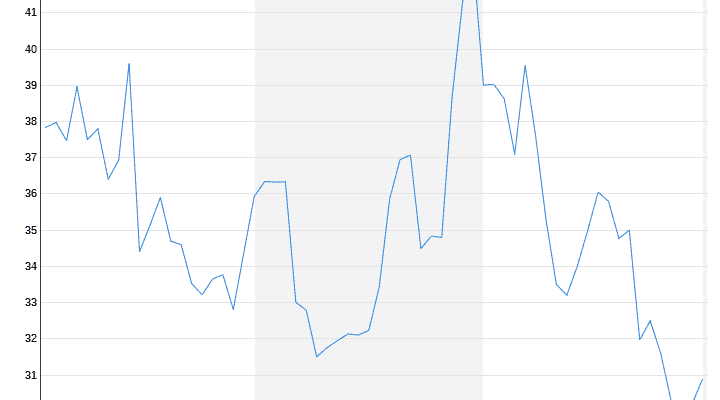Tuesday, January 04, 2022
Especially against the Omikron variant
Curevac is researching a vaccine update
The biotech company Curevac is making another attempt: After the former hope has withdrawn his vaccine, the company is researching an update specifically against the new Omikron variant. CEO Haas is already optimistic about preclinical studies.
In the first Corona year, the Tübingen-based company was still at the forefront of the development of the first vaccine – in the meantime, the biotech company Curevac has become very quiet. After the vaccine candidate CVnCoV withdrew from the approval process because of its comparatively poor effectiveness, Curevac does not want to be shipwrecked again and is planning “a pioneering role” with its British partner GlaxoSmithKline (GSK) in the development of a new second generation vaccine.
The goal: The new vaccine should, among other things, offer longer-lasting protection against new variants in a single vaccination. In preclinical studies, according to information from Curevac CEO Franz-Werner Haas, this showed an earlier and stronger immune response than CVnCoV. “Quite comparable to an approved mRNA vaccine, and in comparison to CVnCoV it protects better against all tested variants, including the beta, delta and lambda variants. That makes us optimistic, of course.”
For weeks, several pharmaceutical companies have been investigating whether their vaccines need to be adapted to the ever faster spreading coronavirus variant Omikron. The vaccines were originally developed against the so-called wild type of Sars-CoV-2, which was first discovered in China at the end of 2019.
While the agents used since the turn of the year 2020/2021 also showed their effect against later virulent mutants such as Alpha or Delta, it could look different with Omikron. Above all, the manufacturers of the mRNA preparations, Biontech / Pfizer and Moderna, have been advertising since the beginning of their first-time vaccines with the possibility of being able to adapt them quickly to virus changes. Both have been preparing their funds for possible mutations of the coronavirus for months.
The federal government had entered with 300 million euros
According to the Curevac boss, the pre-produced CVnCoV cans have been destroyed or otherwise used: “The dismantling is an unspectacular standard process. The material is broken down into its individual chemical components and professionally disposed of”. As a result of the withdrawal of the first vaccine, the preliminary contract with the European Commission, in which CVnCoV was intended for acute pandemic needs, ended.
Haas said he did not anticipate any pre-payments from the EU of 450 million euros to be repaid. Due to the ongoing pandemic, a “continued great need for especially optimized vaccines” is currently seen.
The federal government had invested 300 million euros in Curevac through the state development bank KfW and, according to KfW, holds a share of 16 percent. The federal government is a very valued and important shareholder for Curevac, said Haas. Investors would not have let themselves be unsettled by the failure of the first vaccine, he said. “We have strong partners at our side who share our vision that mRNA has unlimited potential for human medicine.” This technology is only at the beginning of its development and its full potential is far from being recognized.
